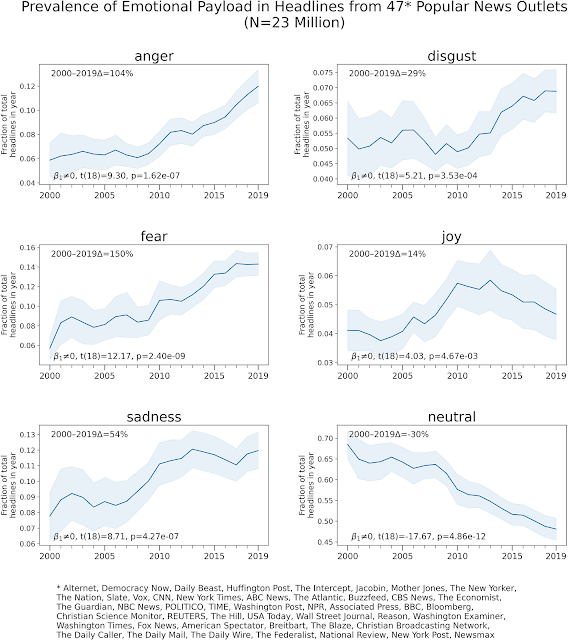International wars
I have
heard many times that the world that we live in is a much more dangerous place
than before, that the number of international conflicts is much higher than
last century.
The truth
is that even if the WWII is ignored the number of conflicts since the end of
the Cold War has been dramatically decreased.
The Systemicpeace website provides a great amount of
data about the number of international conflicts. According to this data the
turning point in the number of international conflicts was the end of the Soviet Union in 1991.
Before the
end of the Cold War, more and more countries were involved in armed conflicts.
There were at least three factors involved for this increase, I reckon. The first
factor is the end of colonialism and the wars of independence from metropolis. The
second reason is the indirect confrontation between the two super powers (USA and USSR )
in third parties´ territories like Angola ,
Namibia , Vietnam , Central America ,
Chile , Afghanistan
Why the
huge drop after the end of the USSR
It may seem
then that the need for economic growth was the reason behind the big drop in
conflicts. However, both concepts are related to a third one. GDP is linked to
freedom a higher freedom higher GDP and conflicts are negatively correlated to freedom:




Comments